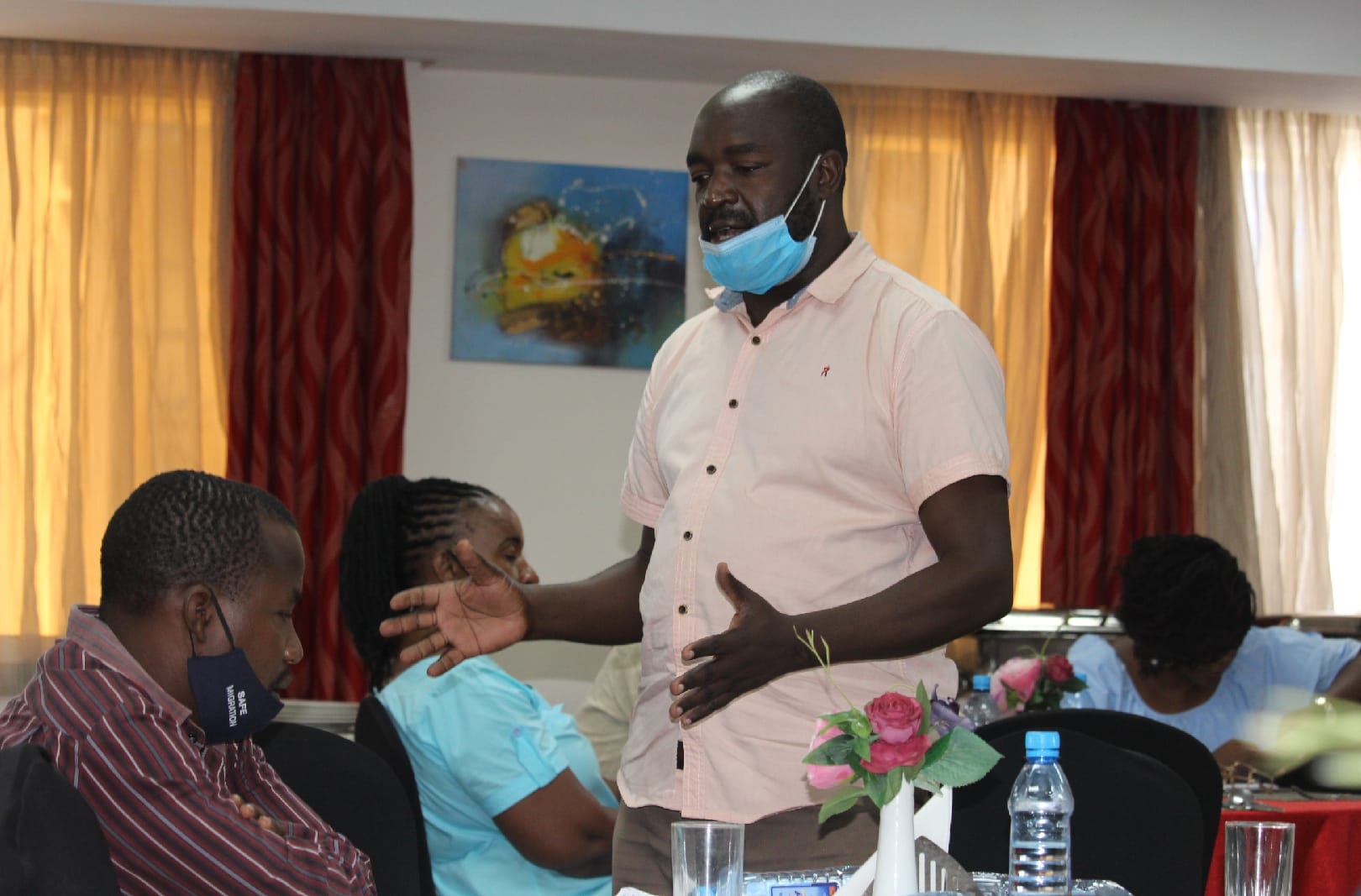Human trafficking is reducing in Kenya

The number of migrants lured by organised criminals agents in the country trafficking men and women to overseas has decreased.
According to the Kenyan government report, in the year 2020 – 2021 it identified 383 victims of trafficking—51 adult males, 176 adult females, 104 boys, and 52 girls—a significant decrease compared with identifying 853 victims in 2019.
While at a workshop with stakeholders, Trace Kenya, Programs Manager John Osawa disclosed that illicit human movement networks are under serveillance following the enactment of labor migration regulations and legislation that criminalises human trafficking in Kenya.
” The number of human trafficking has drastically reduced because many people are becoming more aware of this modern day slavery act.” Said Mr. Osawa.
“Still there is a lot to be done on the ground as most trafficking agents are now recruiting people from remote villages in the country,” he added.
On the other hand, the organisation’s Executive Director Paul Adhoch urged members of the public to alert the authorities whenever they suspect any person involvement in such illicit trade.
” Human trafficking in Kenya requires our collective responsibility as it remains a challenge to stop it” said Mr. Adhoch.
Trace Kenya is a national counter trafficking in persons NGO funded by the Geman’s ‘Giz’ cooperation to help rescue, rehabilitate and re-intergrate women, youth and children who were victims of human trafficking.
In an interview with the New York Parrot, many victims who were rescued by the organisation and repatriated to their countries of origin admitted of being exploited sexually, physical and through verbal abuse, denial of medical attention and long working hours,
restrictions of movement and communication, starvation and lacking good accommodations.
In 2019 the government together with Trace Kenya rescued 12 Nepalese women from the hands of a trafficker in Mombasa County.
Asif Amirali Alidhai a holder of dual citizenship of British and Canada was arrested by Transnational Organized Crime Unit on 13 April 2019 in Nyali, Mombasa and sentenced by a law court to serve 30 years imprisonment for his involvement in human trafficking and related crimes in Mombasa County.
Charges preferred included those of trafficking in persons, interfering with travel documents and engaging in business without a permit.
The sentence was termed by anti human trafficking organisation as a precedent by the Director of Public Prosecution and Kenyan justice system in curbing the vice.
The National Police Service (NPS) expressed concern over the cases of human trafficking in the country and across the globe calling on the members of the public to report any such cases to police for action.
“Human trafficking is a global concern as it violates the rights of individuals who are kept against their will to advance roles they have not consented. It has at times resulted to harm or fatalities to the victims,” the NPS said.
In the past, human trafficking network had a connection with the country’s top security organs, business moguls and top politicians and this made it difficult to bring them to book.
However, due to mutual coordination between Trace Kenya, anti human trafficking organisations, Ministry of Internal Affairs and the office of the Director of Public Prosecution (DPP) has weaken and exposed traffickers.












